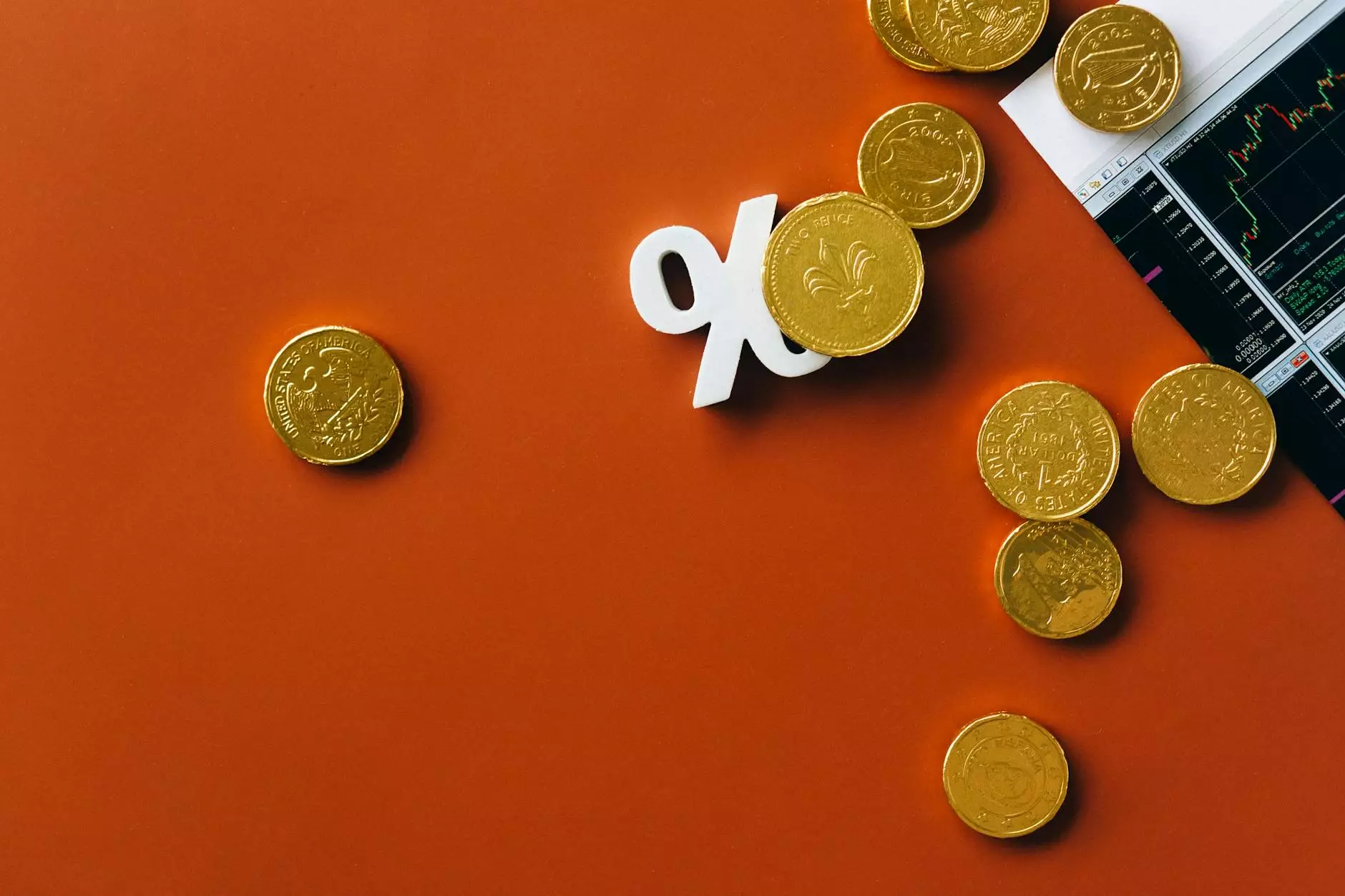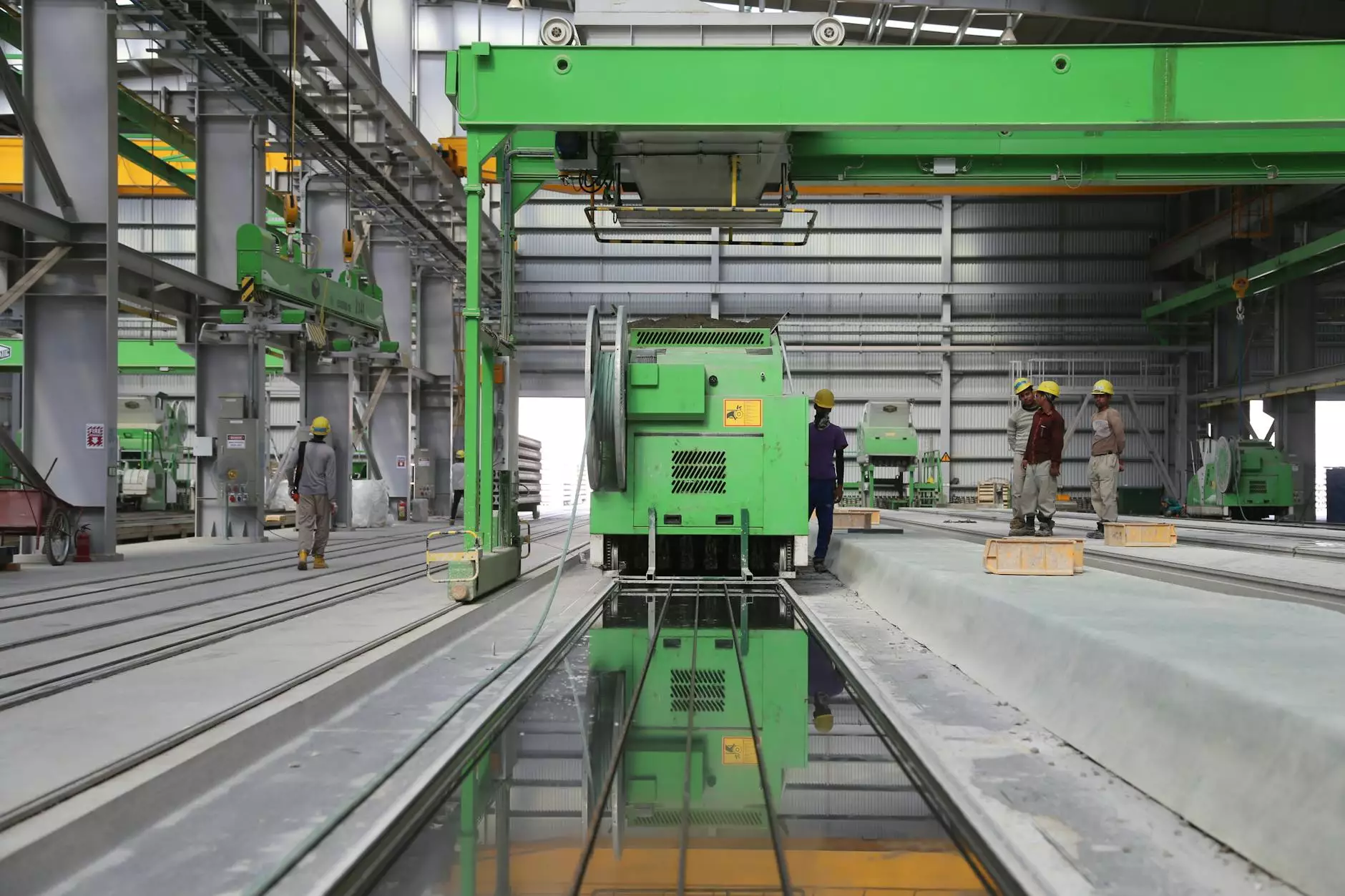Investing in Euros: Unleashing the Potential of Currency Trading

The world of currency trading offers a myriad of opportunities for businesses and individuals alike. Among the numerous currencies traded globally, the Euro stands out as a major player, representing a diverse and powerful economy. This article delves into the intricacies of investing in Euros, outlining the benefits, strategies, and resources available for both novice and seasoned traders.
Understanding Currency Trading
Currency trading, or forex trading, involves buying and selling currencies on the foreign exchange market with the aim of making a profit. The forex market is the largest and most liquid market in the world, with a daily trading volume surpassing $6 trillion. The value of currencies fluctuates based on a variety of factors, including economic indicators, interest rates, and geopolitical events.
The Significance of the Euro
The Euro (€) is the official currency of the Eurozone, which consists of 19 of the 27 European Union (EU) member countries. As one of the world's most traded currencies, the Euro accounts for approximately 20% of global currency reserves. Its stability and the economic strength of the Eurozone make it an appealing choice for investors.
Reasons to Consider Investing in Euros
- Stability: The Eurozone boasts a robust economy supported by a diverse collective of nations, providing a level of political and economic stability that can be advantageous for investors.
- Liquidity: The Euro is one of the most liquid currencies, allowing traders to enter and exit positions with ease, minimizing slippage and transaction costs.
- Potential for Profit: Currency trading offers the potential for substantial profits through strategic buying and selling of the Euro against other currencies.
- Diverse Opportunities: Investing in Euros opens up numerous opportunities, whether through forex trading, purchasing Euro-denominated assets, or engaging in international trade.
How to Get Started with Euro Investments
1. Educate Yourself about the Market
Before delving into the world of forex trading, it’s crucial to educate yourself on currency markets. Numerous resources—such as Globcoffs—provide in-depth analyses and data on Euro trading trends, historical performance, and news impacting market conditions.
2. Choose the Right Broker
Your choice of broker can significantly impact your trading experience. Look for a broker that offers:
- Competitive Spreads: Lower spreads reduce costs associated with trading.
- User-Friendly Trading Platforms: Tools that provide real-time data, advanced charting, and risk management features.
- Reliable Customer Support: Quick and responsive customer service is essential for resolving issues that may arise during trading.
3. Develop a Trading Strategy
Successful currency trading requires a solid strategy. Here are some strategies to consider:
- Technical Analysis: Utilize chart patterns and indicators to predict future price movements based on historical data.
- Fundamental Analysis: Analyze economic indicators and news events that affect currency values.
- Risk Management: Implement strategies to manage your risk, such as setting stop-loss orders and diversifying investments.
Analyzing Economic Factors Influencing the Euro
Understanding the factors that influence currency values is crucial for successful trading. The following economic indicators are particularly relevant to the Euro:
1. Interest Rates
Interest rates set by the European Central Bank (ECB) play a pivotal role in determining the value of the Euro. Higher interest rates typically attract foreign capital, increasing the currency's value, whereas lower rates can lead to depreciation.
2. Economic Growth Indicators
Key indicators such as GDP growth, employment rates, and manufacturing output provide insight into the health of the Eurozone economy. Positive economic growth often strengthens the Euro, while negative indicators can lead to depreciation.
3. Political Stability
The political landscape within Eurozone countries significantly influences investor confidence. Stability tends to foster a stronger Euro, while political turmoil can lead to fluctuations.
Leveraging Technology in Currency Trading
Technology has revolutionized currency trading, providing investors with tools that enhance their trading capabilities. Consider the following technological advancements:
1. Trading Platforms
Modern trading platforms provide a range of features, including:
- Real-time Analytics: Access to real-time data allows traders to make informed decisions swiftly.
- Automated Trading: Algorithms can execute trades automatically based on predetermined criteria, eliminating the emotional component of trading.
- Mobile Trading: The ability to trade on-the-go empowers investors to manage their portfolios anytime and anywhere.
2. Social Trading
Social trading platforms allow investors to mimic the strategies of successful traders. This can be particularly beneficial for beginners looking to learn from the experiences of others.
Potential Risks of Euro Trading
While investing in Euros can be highly lucrative, it is essential to be aware of the associated risks:
1. Market Volatility
The forex market is known for its volatility, and rapid price movements can lead to significant losses. Implementing rigorous risk management strategies is crucial to mitigating these risks.
2. Economic Factors
Shifts in economic indicators, geopolitical events, and changes in monetary policy can all impact the Euro’s value unpredictably. Staying informed and adapting to these changes is crucial for long-term success.
3. Psychological Factors
Emotional decision-making can lead to poor trading outcomes. It’s essential to remain disciplined and stick to your trading plan, regardless of market fluctuations.
Future Outlook for the Euro
As global economies continue to evolve, the Euro is poised for continued significance in the forex market. Factors influencing its future include:
1. Economic Recovery Post-Pandemic
The ongoing recovery of the Eurozone economy following the COVID-19 pandemic will impact the strength of the Euro. As businesses reopen and consumer confidence returns, the Euro may strengthen.
2. Advances in Digital Currency
As central banks explore the issuance of digital currencies, the Euro might see changes in its structure and use within the global economy, potentially enhancing its role in international finance.
3. Political Stability in the Eurozone
Ongoing political developments within the region will continue to influence the Euro’s value. Policies promoting integration and collaboration among member countries will likely bolster investor confidence.
Conclusion
Investing in Euros presents a substantial opportunity for traders looking to diversify their portfolios and capitalize on currency trading's inherent advantages. By understanding the market dynamics, effectively managing risks, and utilizing technological advancements, both new and experienced traders can navigate the complexities of Forex trading successfully. With reliable resources like Globcoffs at your disposal, you can stay informed and make educated decisions that can enhance your trading performance.
https://www.globcoffs.com/categories/euros/29








